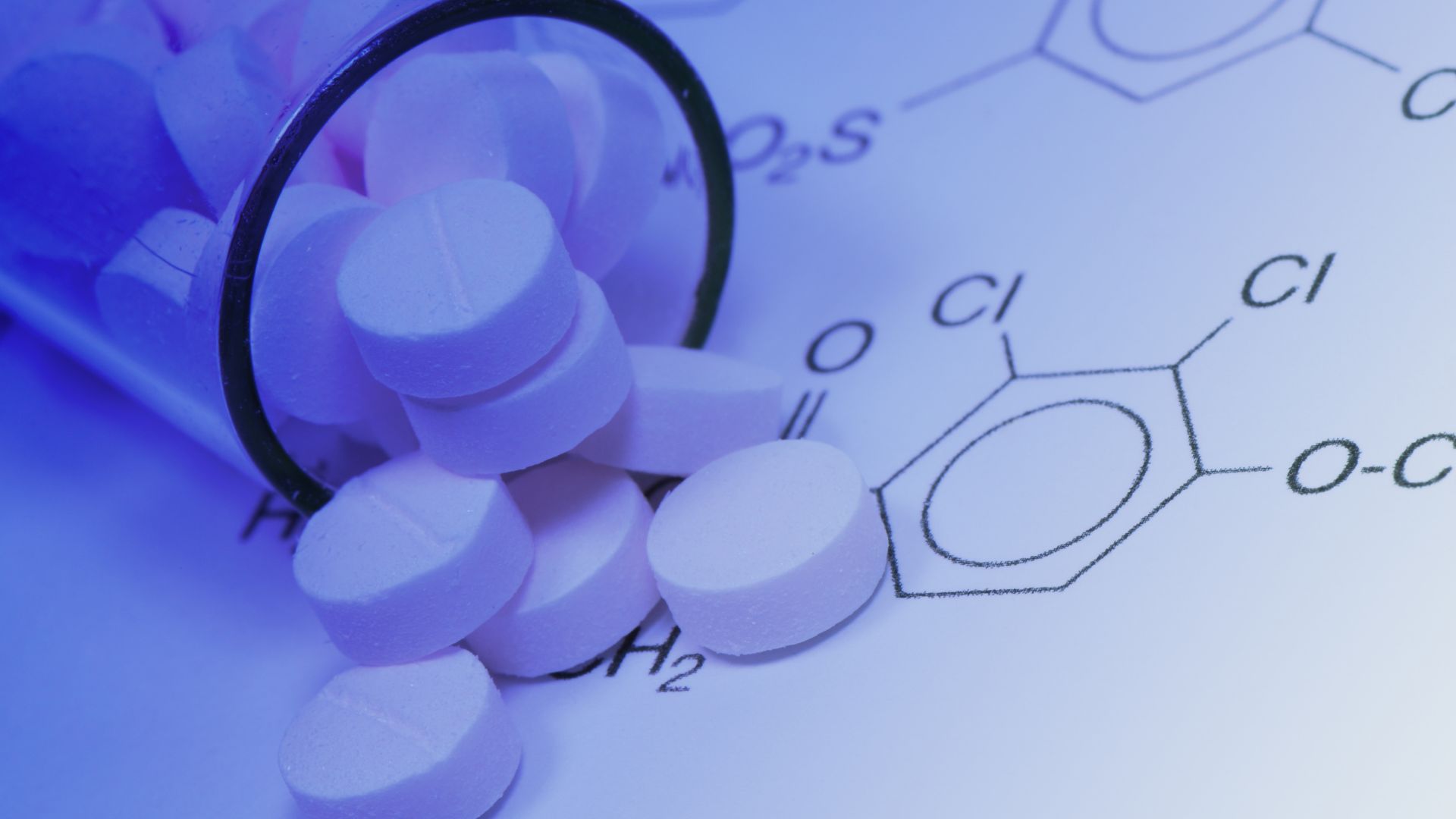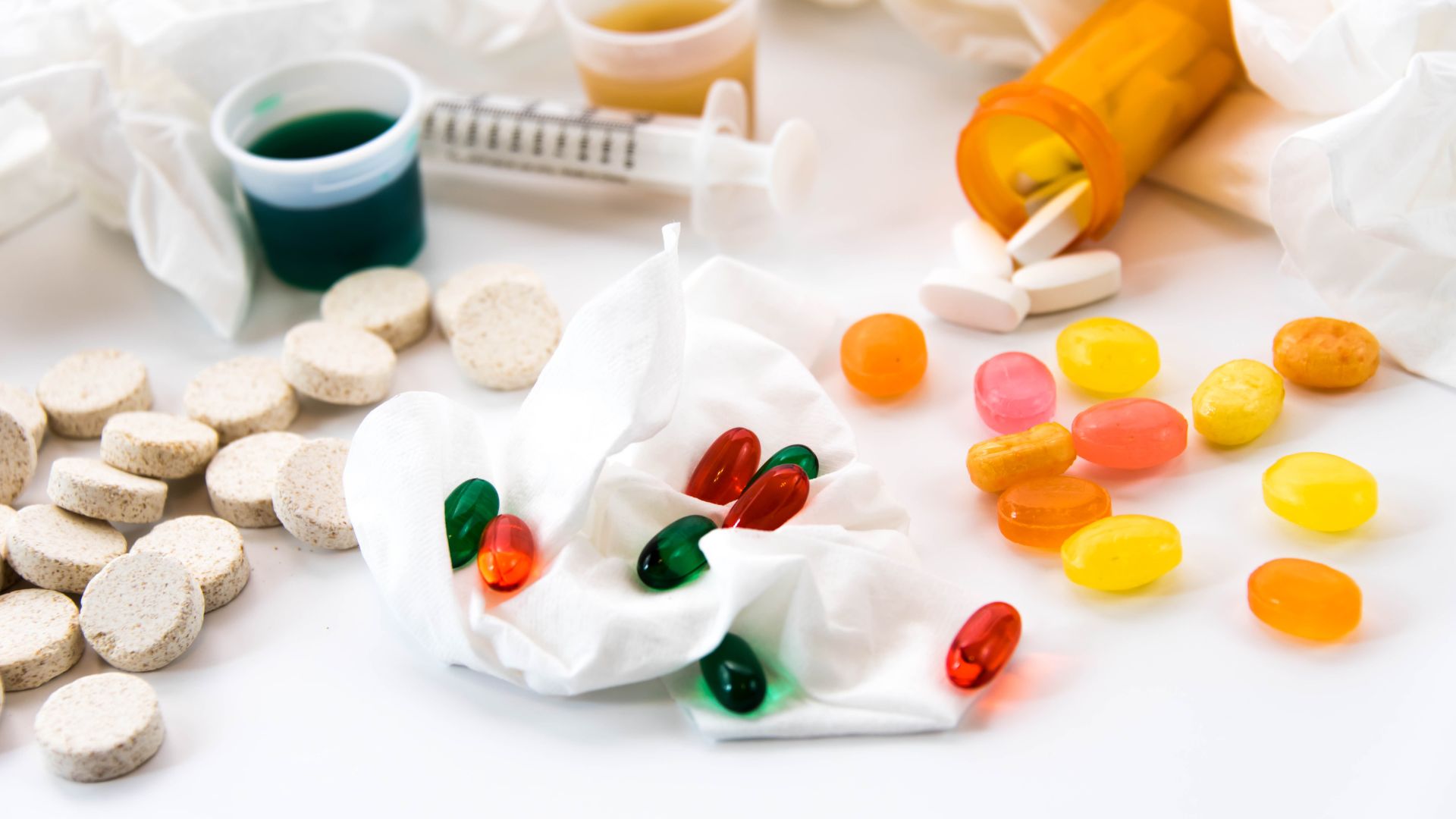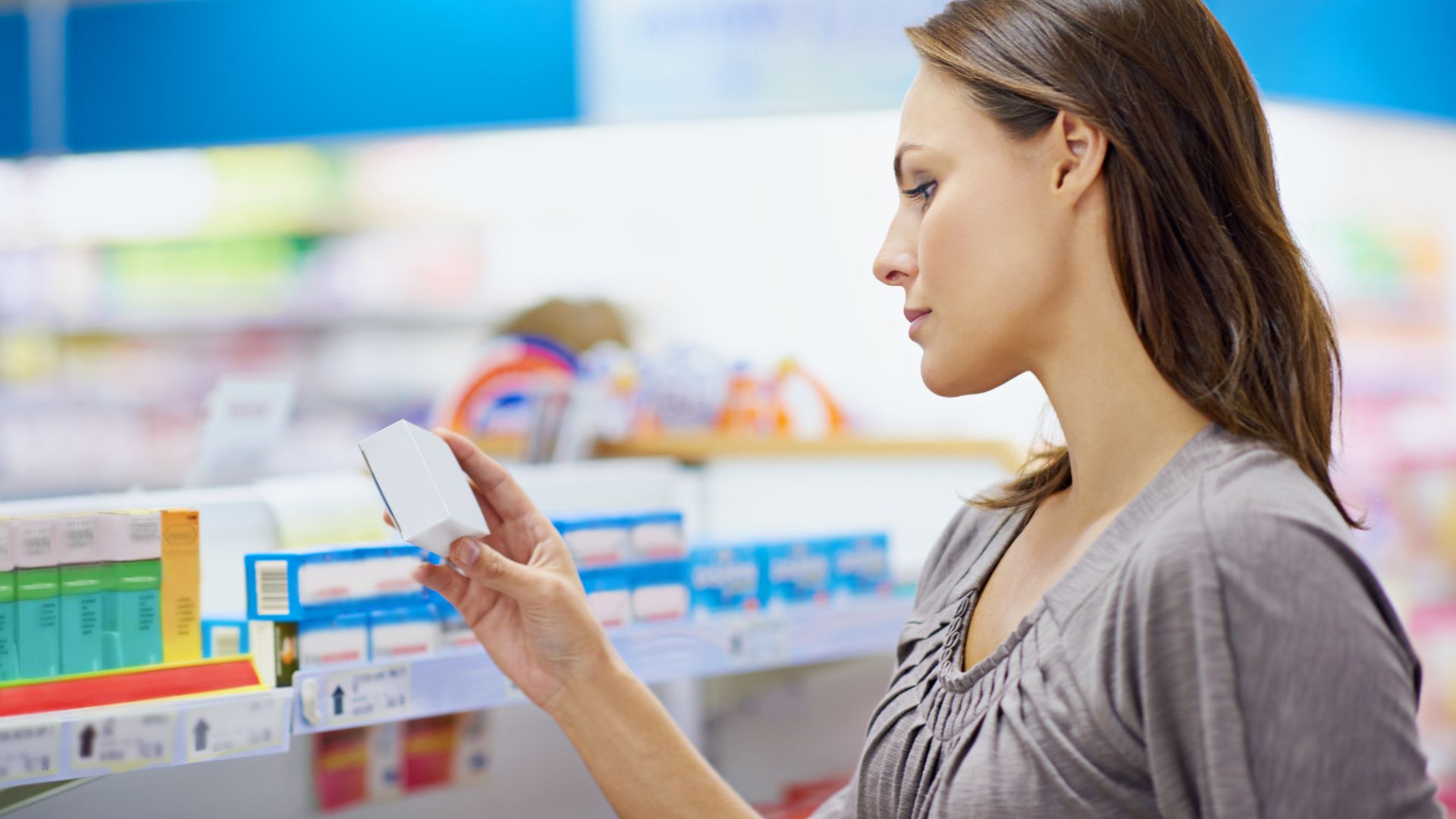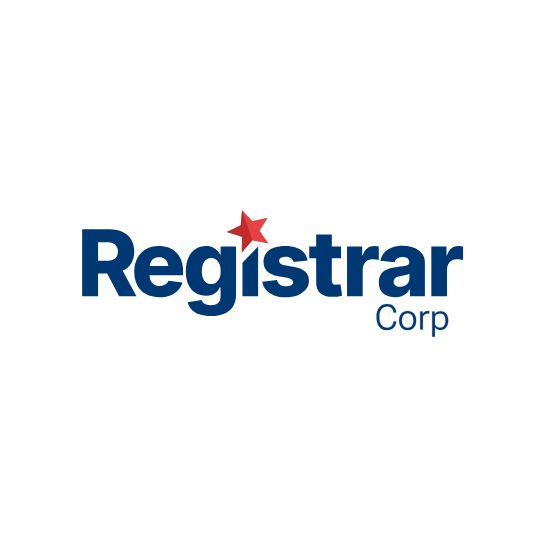The U.S. pharmaceutical and dietary supplement industries operate under strict regulatory oversight to ensure consumer safety. For businesses exporting drugs and dietary supplements to the United States, compliance with the U.S. Food and Drug Administration (FDA) Adverse Event Reporting (AER) regulations is not just a legal obligation but a critical factor in market access, consumer trust, and brand reputation.
Failure to comply can lead to serious consequences, including regulatory action, product recalls, and financial penalties. This article explores the key elements of AER compliance, the challenges exporters face, and how regulatory expertise can streamline compliance for businesses looking to enter or expand in the U.S. market.
Understanding Adverse Event Reporting (AER) Requirements
The Dietary Supplement and Nonprescription Drug Consumer Protection Act mandates that manufacturers, packers, and distributors of dietary supplements and nonprescription (over-the-counter) drugs report serious adverse events to the FDA.
What Constitutes an Adverse Event?
An adverse event is any undesirable experience associated with the use of a dietary supplement or drug. These events are classified into:
- Non-Serious Adverse Events: Minor side effects such as mild nausea, headache, or temporary discomfort.
- Serious Adverse Events: Any reaction resulting in death, life-threatening conditions, hospitalization, disability, congenital abnormalities, or medical interventions to prevent such outcomes.
Mandatory Reporting for Drugs and Dietary Supplements
The FDA requires that serious adverse events linked to dietary supplements and nonprescription drugs be reported within 15 business days of receiving the complaint. The report must include:
- Product details: Label, dosage, and lot number.
- Consumer information: Age, gender, and pre-existing conditions.
- Incident description: Symptoms, diagnosis, and medical interventions (if any).
Record-Keeping Obligations
All records related to adverse events must be maintained for a minimum of six years, even if they do not qualify as serious events. The FDA may request these records for compliance reviews and inspections.
Challenges in Adverse Event Reporting for Exporters
For international exporters, navigating FDA requirements can be complex due to:
- Regulatory Knowledge Gaps – Many exporters are unaware of AER obligations, increasing the risk of non-compliance.
- Documentation and Data Management – Maintaining detailed records, submitting timely reports, and ensuring data accuracy are resource-intensive tasks.
- Ingredient Compliance Issues – Certain ingredients approved in other markets may not align with U.S. safety standards, leading to unexpected adverse event reports.
- Language and Communication Barriers – Clear and accurate reporting requires familiarity with FDA terminology and English-language documentation.
- Process Complexity – Handling AER compliance involves multiple steps, including incident assessment, documentation, report submission, and follow-ups with the FDA.
Key Differences Between AER Compliance for Pharmaceuticals and Dietary Supplements
Although both pharmaceuticals and dietary supplements are subject to serious adverse event reporting, there are key differences in regulatory expectations and oversight.
First, the timeline for reporting differs. Pharmaceutical manufacturers must report serious adverse events within 15 calendar days, while dietary supplement companies have 15 business days to submit their reports. The additional days for dietary supplements reflect the lower regulatory scrutiny compared to pharmaceuticals, where the risks are generally higher.
Another major difference is in the level of regulatory scrutiny. Pharmaceuticals are subject to higher oversight since they require pre-market approval, extensive clinical trials, and continuous post-market surveillance. In contrast, dietary supplements do not require FDA pre-approval before entering the market, but manufacturers are still responsible for ensuring product safety and proper labeling.
Additionally, the content of AER reports varies slightly. Pharmaceutical reports must include detailed patient data, dosage information, and a thorough causality assessment, as the FDA actively monitors drug safety trends and potential market withdrawals. On the other hand, dietary supplement reports focus more on product details, consumer-reported symptoms, and any known interactions with medications rather than causality.
Finally, record-keeping obligations remain the same for both industries. Companies must maintain all serious adverse event reports for at least six years for potential FDA inspections.
The Role of a Regulatory Compliance Partner
Given the complexity of U.S. AER regulations, partnering with a regulatory expert can provide significant advantages, including:
- Regulatory Intelligence & Compliance Monitoring – Staying informed on FDA updates, regulatory changes, and industry best practices to ensure compliance.
- Streamlined Reporting Processes – Managing the end-to-end adverse event reporting process, including data collection, documentation, and submission to the FDA.
- Training & Awareness Programs – Educating exporters on regulatory obligations, record-keeping, and best practices for AER compliance.
- Risk Mitigation & Cost Efficiency – Avoiding costly penalties and recalls by ensuring timely and accurate compliance.
Ensure Compliance and Protect Your Market Access
Compliance with U.S. FDA Adverse Event Reporting regulations is a critical requirement for exporters of drugs and dietary supplements looking to establish a foothold in the U.S. market. Failure to comply can lead to severe consequences, including product bans, legal actions, and reputational damage.
By leveraging the expertise of a regulatory compliance partner, exporters can navigate AER requirements efficiently, ensuring product safety, regulatory adherence, and long-term business success in the U.S. market.
For expert guidance on AER compliance and FDA regulatory requirements, contact Registrar Corp today to streamline your entry into the U.S. pharmaceutical and dietary supplement market.









